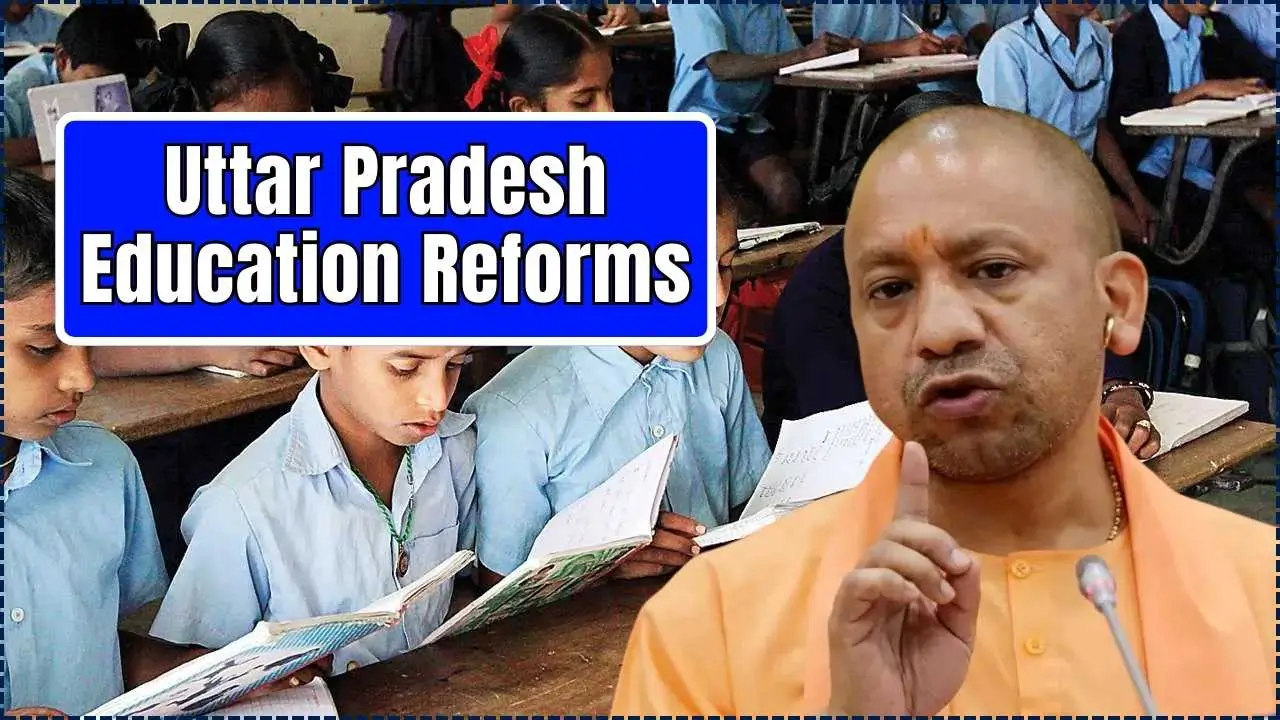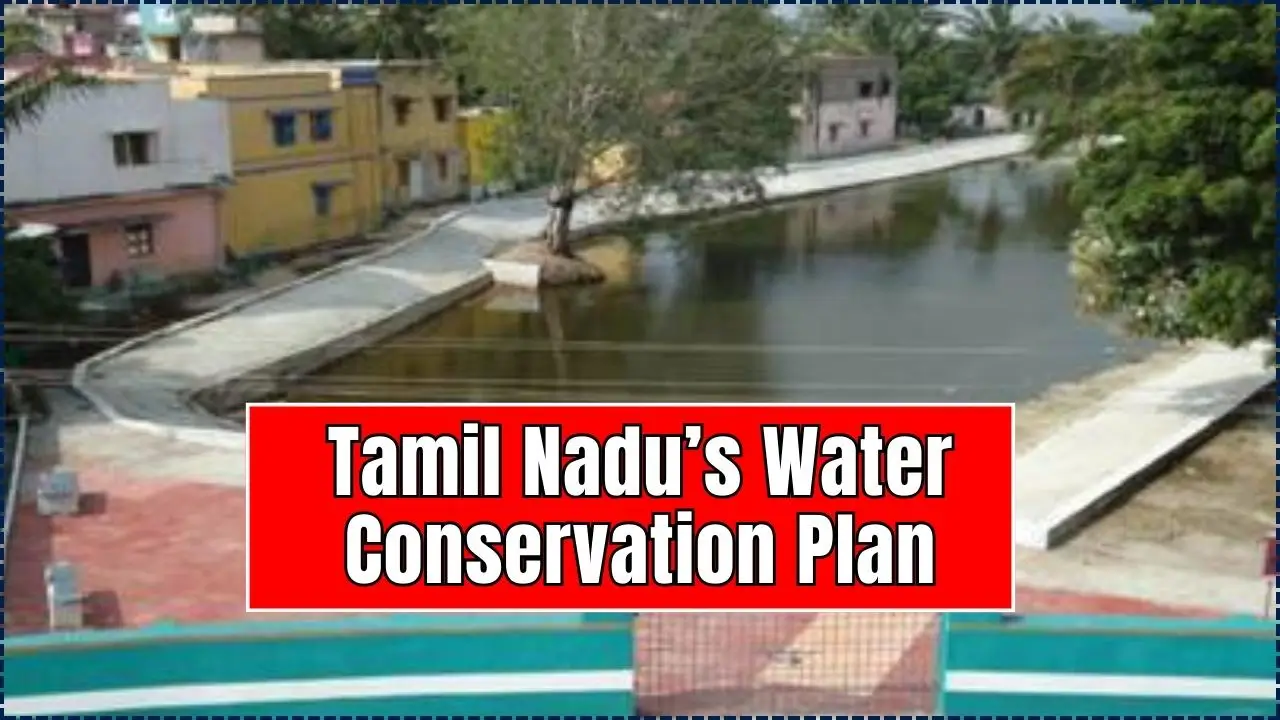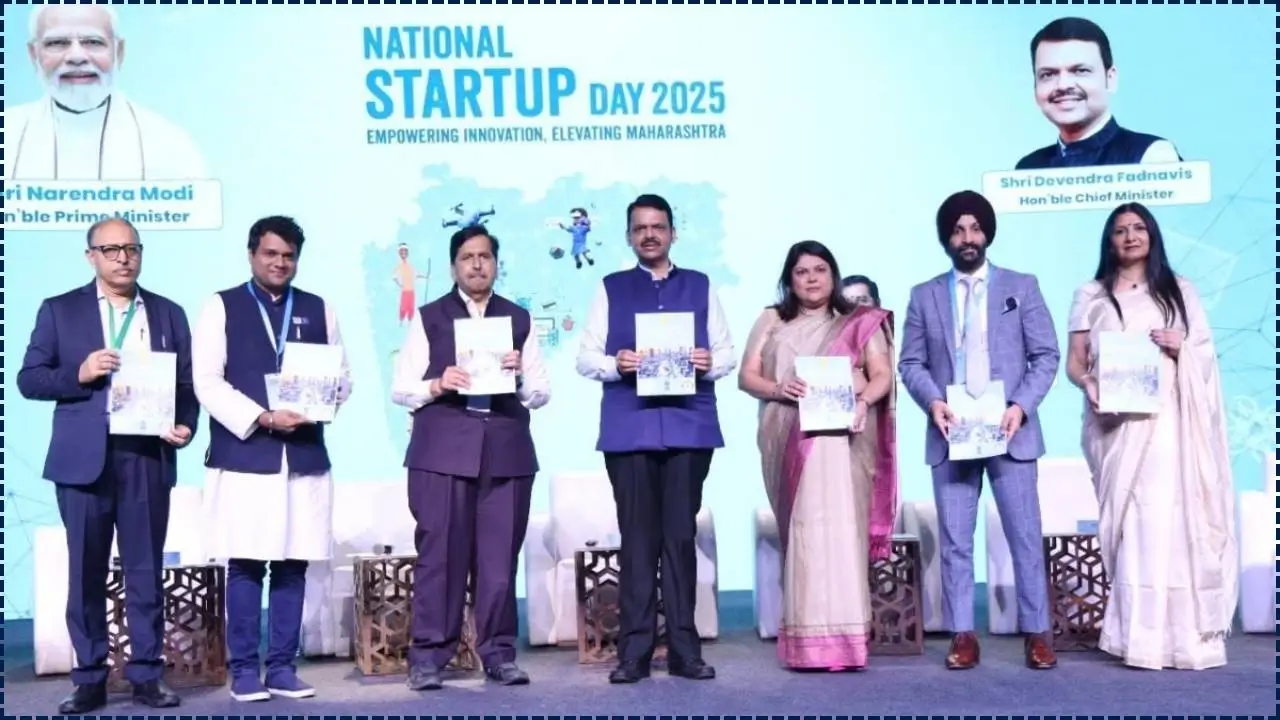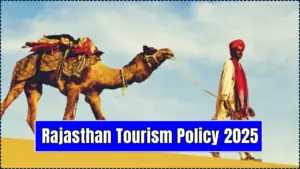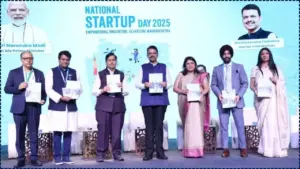The Rajasthan Government’s Tourism Policy 2025 is a compassionate framework dedicated to upliftment, focusing its efforts on building sustainable livelihoods and preserving local dignity across the state’s villages. By making the deliberate choice to prioritize the promotion of local handicrafts and the development of rural tourism, the government directly empowers skilled artisans with vital economic opportunities.
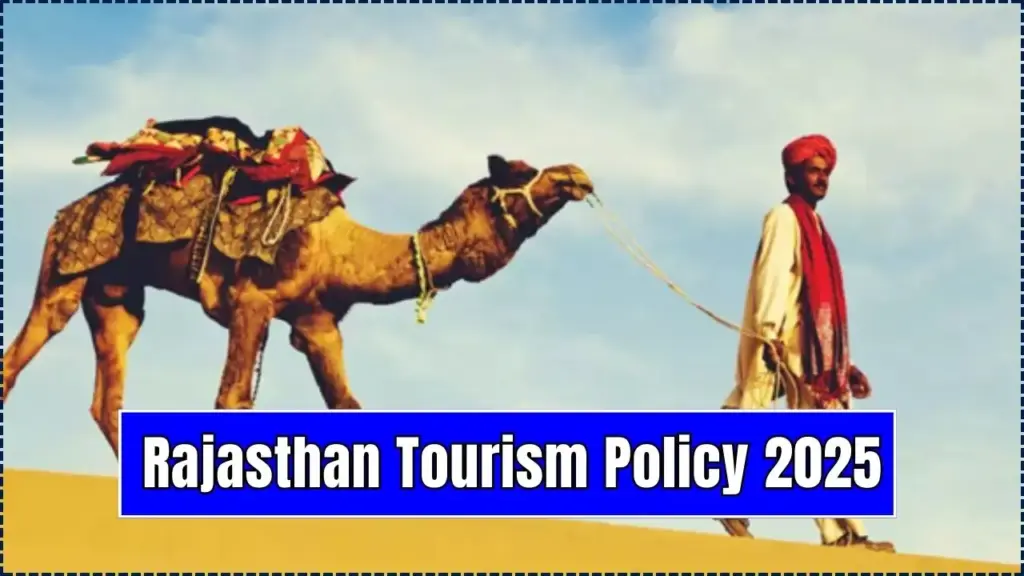
This policy is a commitment to the people, ensuring that Rajasthan’s rich cultural heritage is not merely preserved in museums, but actively sustained and celebrated by the rural communities who are its true custodians, thereby creating a resilient and equitable future.
The Rajasthan Tourism Policy 2025 seeks to integrate handicrafts and rural tourism into a comprehensive strategy that boosts local economies, preserves heritage, and empowers communities. Through targeted infrastructure, skill development, and market access initiatives, the state aims to make rural tourism a sustainable source of employment and cultural pride.
Promoting Local Handicrafts
Financial Support and Infrastructure
The policy allocates significant resources to support handloom and handicraft sectors, including:
- Infrastructure Development: Establishing Common Facility Centres (CFCs) and craft villages to equip artisans with modern tools and production facilities.
- Skill Development: Training programs aimed at enhancing traditional techniques and contemporary design skills.
- Financial Incentives: Subsidies and grants to help artisans establish and scale their businesses.
Market Access and Exhibitions
Artisans will receive support to participate in national and international trade fairs, enabling them to showcase their products and connect with wider markets, thereby increasing income and visibility for rural crafts.
Enhancing Rural Tourism
Infrastructure for Visitors
The Rajasthan Rural Tourism Scheme 2025 includes:
- Guest Houses and Agro-Tourism Units: Offering authentic rural experiences with accommodation and farm-based activities.
- Camping Sites and Caravan Parks: Developing eco-friendly adventure tourism options in natural settings.
- Local Product Integration: Encouraging tourists to purchase handicrafts and farm produce directly from villages.
Cultural Events and Festivals
Festivals like the Teej Festival 2025 will integrate handicraft fairs managed by women entrepreneurs, promoting inclusivity, entrepreneurship, and cultural preservation.
Related Links
Delhi EV Policy 2025: Extra Benefits for Buyers Announced
UP Housing Policy: Who Qualifies for Govt’s Affordable Home Plan?
Skill India Scheme: New Courses That Can Land You a Job Fast
Challenges and Strategic Outlook
While the policy outlines clear objectives, challenges remain:
- Land Conversion Hurdles: Delays in project execution due to regulatory approvals in regions like Bhilwara and Bair.
- Sustainability Concerns: Ensuring that tourism growth aligns with environmental and cultural preservation goals.
The Government of Rajasthan is driven by a deep, humanitarian commitment to elevate rural communities by actively harnessing the power of tourism to foster genuine economic growth. Beyond simply attracting visitors, this initiative is strategically focused on sustainable development—ensuring the prosperity benefits the local environment and future generations.
By prioritizing community engagement and celebrating cultural enrichment, the policy ensures that local people are not just beneficiaries, but active partners in preserving their heritage, thereby promoting local dignity and building a more resilient, inclusive, and equitable future for all citizens of Rajasthan.



